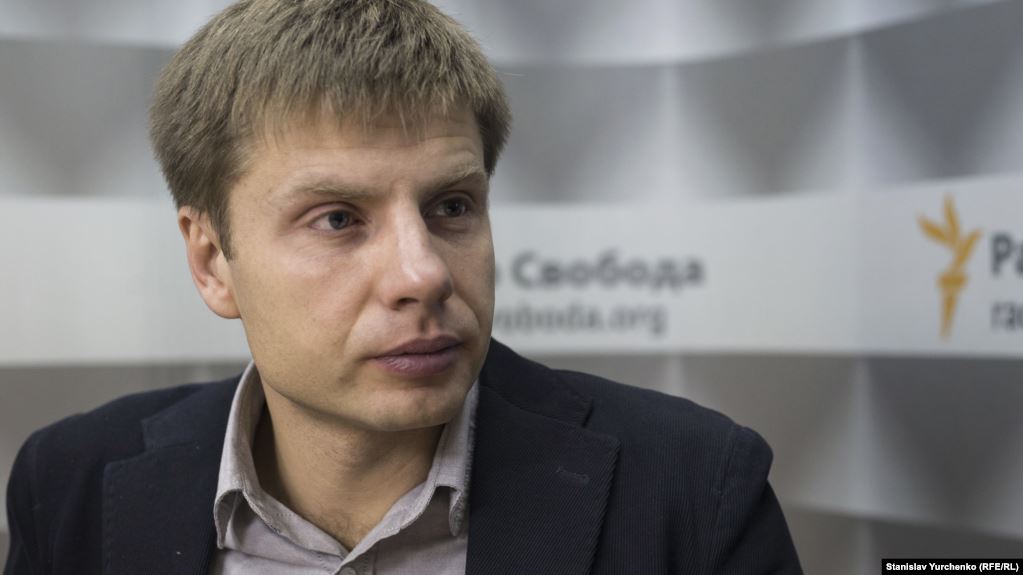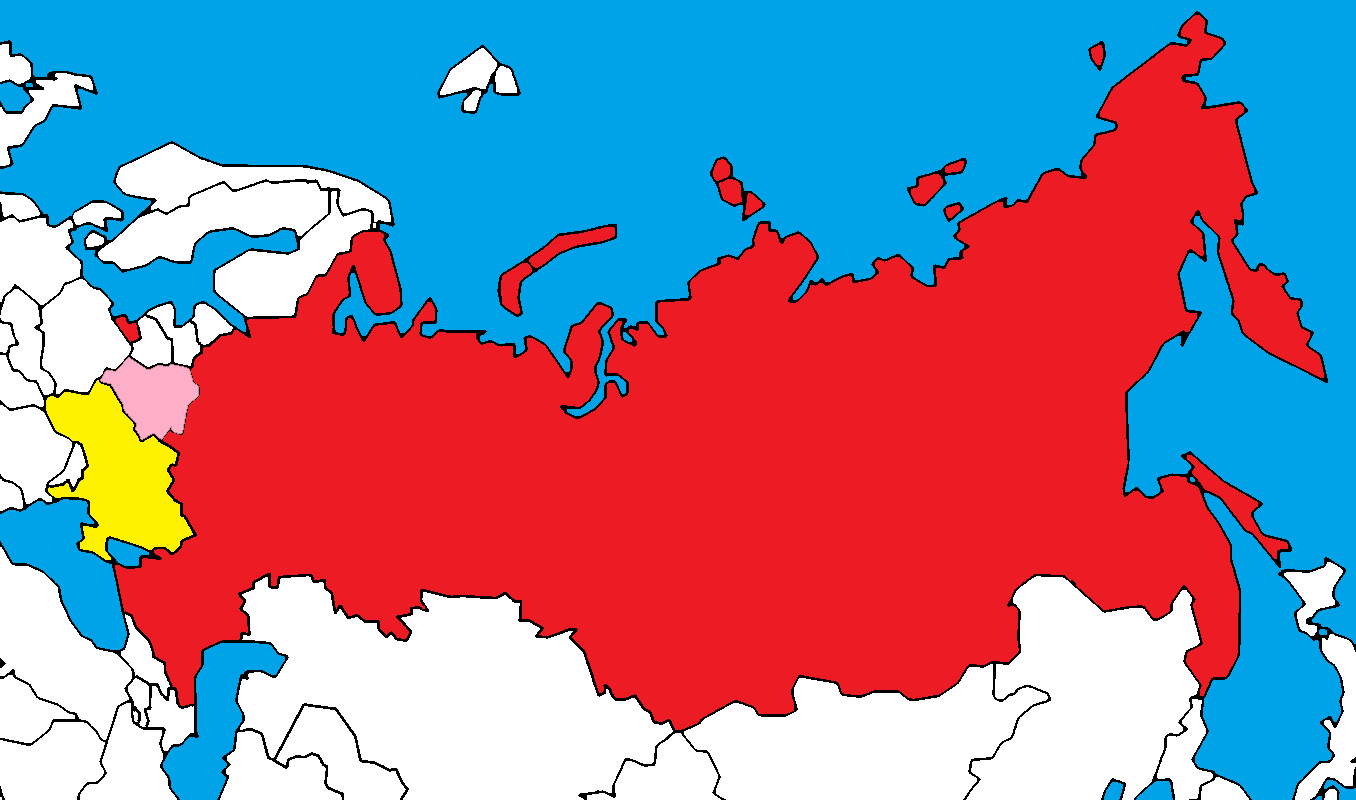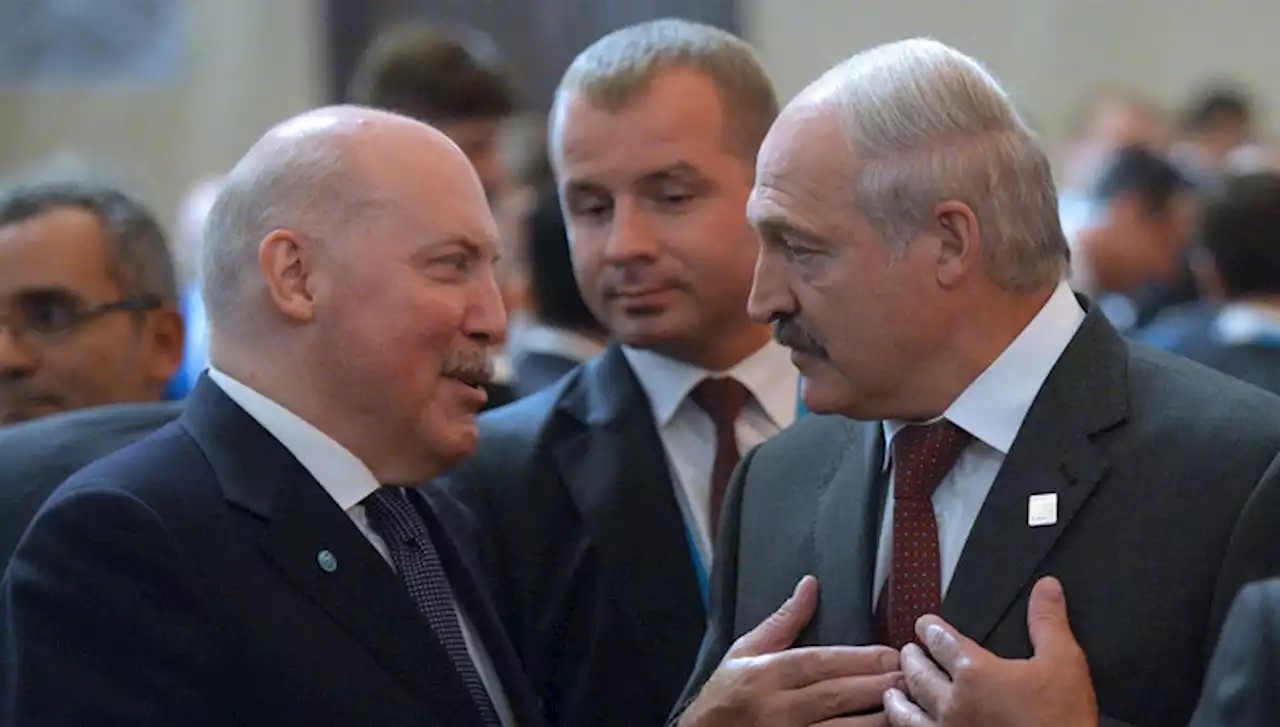The countries between Russia and Old Europe lying between the Baltic and Black Seas can no longer count on the West to defend their interests against Moscow, Oleksiy Honcharenko. The US is pulling away from Western Europe, and Western Europe is seeking to expand cooperation with Russia.
In this emerging situation, the Verkhovna Rada deputy says, the Intermarium countries must look to themselves and both strengthen themselves individually and by creating a Baltic-Black Sea Union. Otherwise, he suggests, their future is likely to be bleak indeed.
“Six years ago, Ukraine couldn’t believe that its existential fear of Russian imperialism would become a reality.” But Moscow’s seizure of Crimea and invasion of the Donbas shows that “Putin dreams about the restoration of empire,” and that talk about that cannot be written off, as Macron does, as East European “’suspiciousness.’”
The failure of coordination about the actions of Türkiye in Syria raise new doubts, Honcharenko says.
Consequently, he continues, “the countries of Eastern Europe must recognize that in the existing geopolitical system, we are at the edge of Europe. A frontier zone does not leave any space for half tones. If we want to survive subjects, we must be strong,” integrating our region and building our defense capacity via cooperation with the US.
“A Baltic-Black Sea Union was already symbolically formed in June of this year during the sadly well-known voting to allow the return of the Russian delegation to PACE,” the Ukrainian deputy says. “Ukraine, Poland, Lithuania, Latvia, Estonia and Georgia must become the first members of this union … and work to attract Belarus to it” eventually.
The idea of such a union has a long history. [For the best discussion of that, see Marek Chodakiewicz’s Intermarium: The Land between the Black and Baltic Seas (Transaction Publishers, 2012).] But it is again gaining moment because the EU and NATO “super-national projects” require transformation.
But he seems to forget that any such union with Russia in it will lack at least one of these elements, defense, and may lack the others as well.
Today, the voice of Eastern Europe in the EU is often not welcome or listened to, Honcharenko says. Macron, for example, has told the Poles bluntly to end “all Polish-American defense initiatives” because they are inconsistent with his vision of a broader Europe. He does not see that such attitudes only encourage Russian aggressiveness.
In this situation, the Ukrainian deputy argues, “one must understand that a Baltic-Black Sea Union gives our countries control over the strategic corridor between the two seas as well as outlets to the seas. With Georgia added to the mix, it also provides a way out to the Caucasus and Near East region.”
To that extent, at a time when Europe is reducing attention to the values which formed it and becoming again the iron and steel community it was in the 1950s, such an Intermarium arrangement is clearly “more than just iron and steel,” Honcharenko says’.
But such a contribution will only be possible if each of the countries increases its military capacity and if they collectively are able to count on the support of the US. “Independently of pro-Russian Trump, the US always will remain the chief opponent of Russia, just as we must;” and American help to its allies has “as a rule been rapid” and convincing.
The new alliance must include not only a military component but political and economic ones as well, he says. It is vital that its members “escape from the paradigm of conflict between West and East and recall the no less important geopolitical direction of North-South.” Such an alliance will promote that.
“In one form or another, a Baltic-Black Sea Union is strategically the only possible response for out countries to the challenges of today and the new geopolitical situation. We need to begin to work on the practical realization of a Baltic-Black Sea strategy.” Only by becoming stronger together do we have a chance to survive.
Read More:
- Seven delegations join in demarche as PACE lifts all sanctions on Russian delegation
- PACE destroys sanctions mechanism, allowing return of Russian delegation
- Intermarium countries becoming Ukraine’s main advocates, Portnikov says
- Intermarium – an idea whose time is coming again
- Could a Baltic-Black Sea alliance be taking shape?
- Ukraine: from the middle ages to a new world







![A "Pussy for Putin": In 2010, 17-year old Alisa Kharcheva in a group with other 11 students and would-be students of Moscow State University starred in an erotic calendar for Putin's 58th birthday as Miss April. In 2012, Kharcheva posted these photographs with a cat and Putin portraits in a personal blog post entitled "Pussy for Putin." Then she sent a formal notice to Putin’s office and posted her phone number on her LiveJournal entry just in case. “Until Vladimir Vladimirovich decides to pick up his [birthday] gift, the kitty will live with me,” she wrote. According to Reuters, in 2015, a business associate of Arkady Rotenberg, a close friend of Putin, transferred into her possession an apartment in a smart gated complex in a desirable part of Moscow. She was 23 at the time. (Image: Alisa Kharcheva)](https://euromaidanpress.com/wp-content/uploads/2017/01/Kharcheva_0411.jpg)
